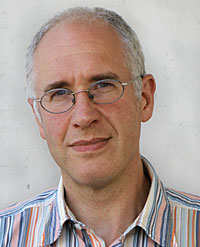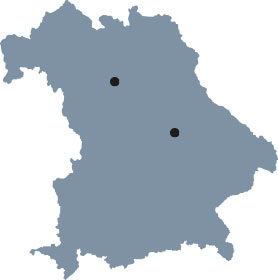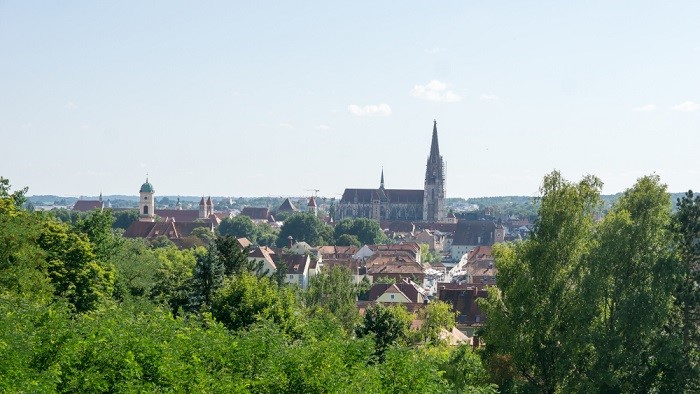| Degree | Bachelor of Science, Master of Science, Dr. rer. nat. |
| Duration of study | Eleven (+ three) semesters |
| Places of study | Regensburg, Erlangen |
| Admission Requirements | Very good performance in the first three semesters of the regular Bachelor course of Physics |
| Language of instruction | English in the classes dedicated to the course |
| Head | Prof. Dr. Kristina Giesel (Erlangen) |
| Coordinator | Prof. Dr. Michael Schmiedeberg (Erlangen) Contact the coordinator (Erlangen) Nicola Paradiso (Regensburg) Contact the coordinator (Regensburg) |
| Further Information | Website of Physics Advanced |
The dedicated, very research-oriented graduate program starts with the 3th or 4th semester. In addition to several lectures and advanced experiments, it involves three special integrated courses in experimental and theoretical physics and several small research projects in one of the many research groups of the physics departments of the two universities. During this phase, the students spend one year together at the same university (one semester in Erlangen and one in Regensburg). The fourth year is typically dedicated to acquire deeper knowledge of the physics direction targeted for the dissertation. The courses are supplemented by the general framework program of the Elite Network of Bavaria.
The internationally oriented doctorate program "Physics Advanced with integrated graduate program" covers the 4th to 6th year. It includes a master’s thesis, an intense doctoral studies program with lectures dedicated to special topics of modern physics, study days and international workshops. Furthermore, students are encouraged to pursue projects in research groups in Europe or overseas.


Physics Advanced offers the unique possibility to promote excellent students in small groups individually and immerse them at an early stage into ongoing research. The cooperation of the two universities grants access to a broad field of science.
Prof. Dr. Christoph Strunk
Dedicated supervision at the edge of research
Students within the program enter active areas of research via several dedicated projects – placing them directly in research teams both at universities or abroad. Here students are taken to the frontiers of research very early on and particular emphasis is put on enabling them to work independently. Projects abroad are also financially supported by the Elite Network of Bavaria.
Masterful communication of great ideas is as important as their conception. Semi-annual Study Days and an annual Study Week provide intensive training for communication of what students have learnt or discovered in their projects. The Study Week will usually highlight one area of physics of foundational importance or an area of current research interest, which will be chosen together by students and professors.
The Study Days and the Study Week are a unique opportunity for students to interact with professors informally, invited guest speakers from all over the world and their fellow students from Regensburg and Erlangen. Many scientific ideas are born in such informal settings.



